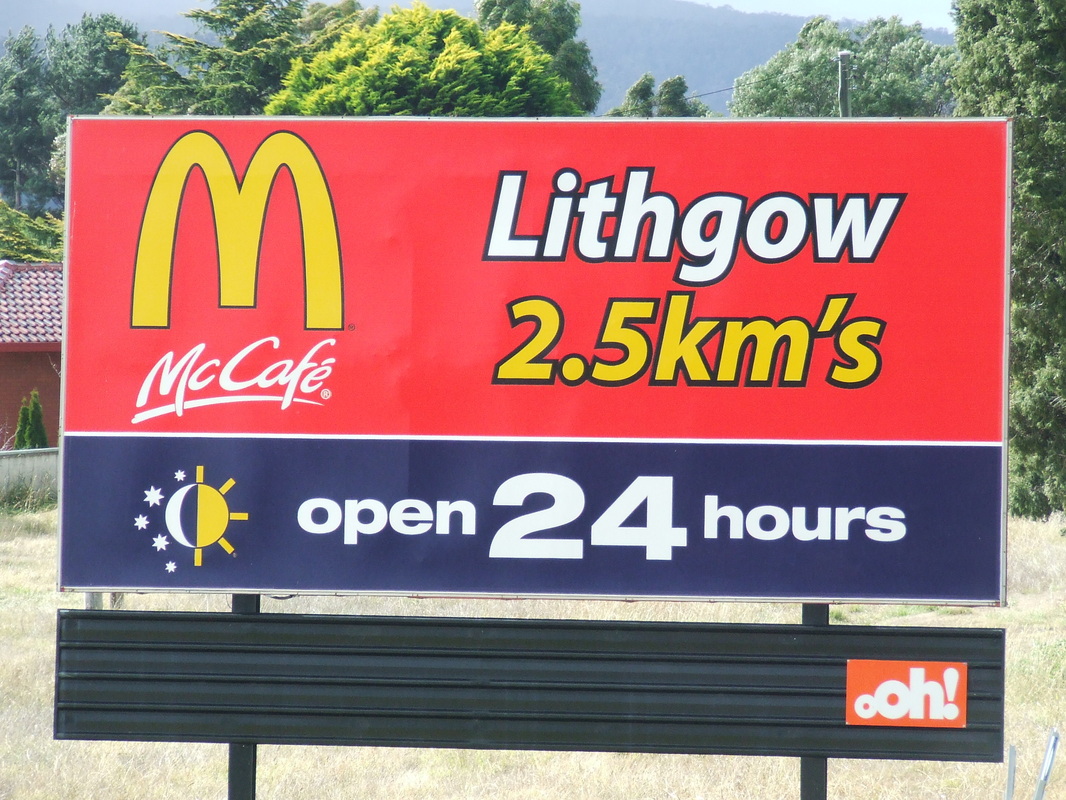Editors and proofreaders often have differing views about grammatical issues but from years of scrutinising the writing of their clients they would all agree on one truth: when it comes to reading - we see what we EXPECT to see!
A writer who has spent hours/days possibly even months composing a written piece will have the words embedded in their mind and probably have made dozens of alterations in the process. As a result, what is actually written down no longer stands out.
That is where the training and attention to detail of an editor or proofreader comes in, not to mention their detachment from the creation of the texts that they check.
A more powerful or stunning example of this phenomenon than the very recent Cathay Pacific livery blunder, I suggest, could never be found. A new aircraft emerged from the hangar after having the company livery painted along the length of the fuselage. And what did it read? 'Cathay Paciic'!!
How many employees (painters, quality inspectors, other staff) walked past that aircraft, looked at it and saw 'what they expected to see' before it was wheeled out for its first scheduled flight?
A writer who has spent hours/days possibly even months composing a written piece will have the words embedded in their mind and probably have made dozens of alterations in the process. As a result, what is actually written down no longer stands out.
That is where the training and attention to detail of an editor or proofreader comes in, not to mention their detachment from the creation of the texts that they check.
A more powerful or stunning example of this phenomenon than the very recent Cathay Pacific livery blunder, I suggest, could never be found. A new aircraft emerged from the hangar after having the company livery painted along the length of the fuselage. And what did it read? 'Cathay Paciic'!!
How many employees (painters, quality inspectors, other staff) walked past that aircraft, looked at it and saw 'what they expected to see' before it was wheeled out for its first scheduled flight?

 RSS Feed
RSS Feed